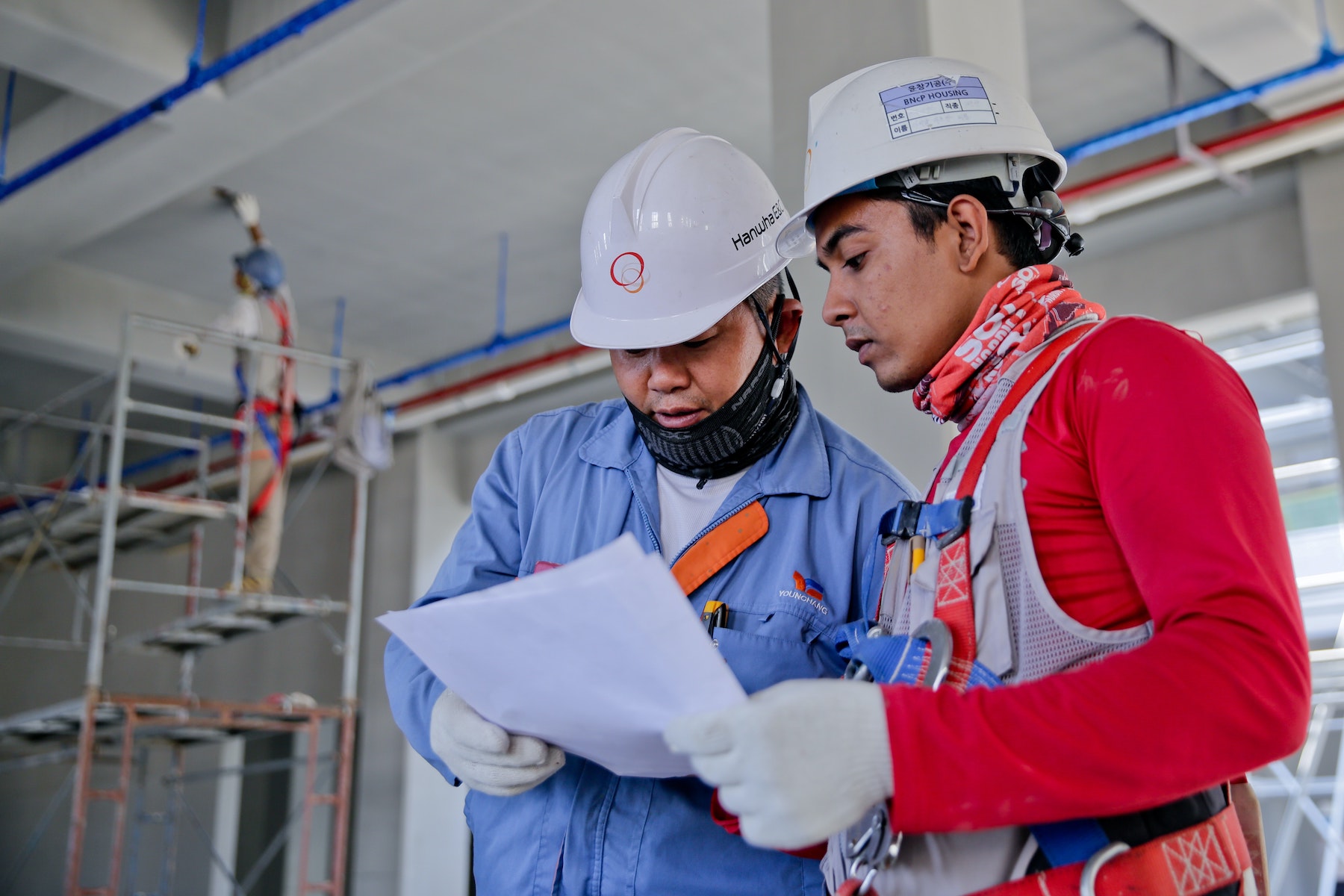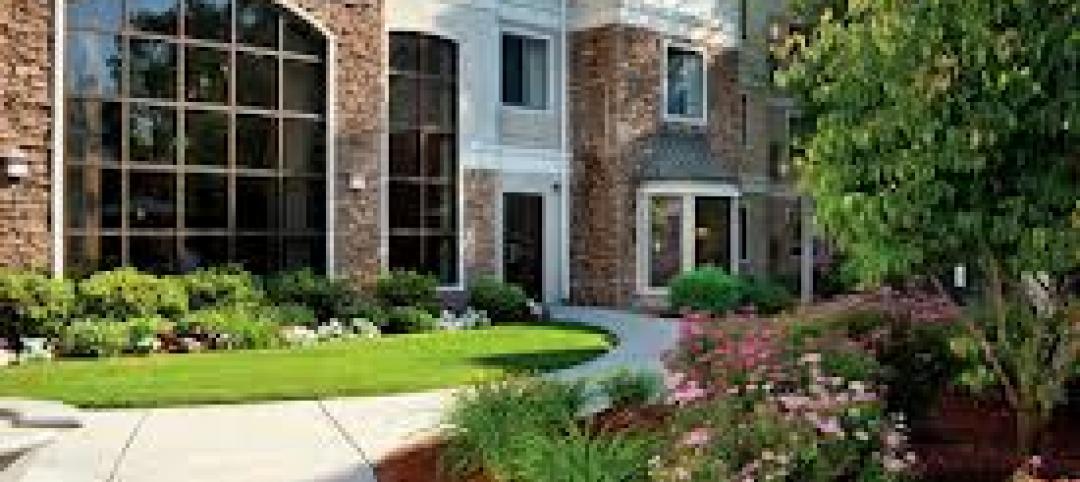Clients and architects disagree on how well building to code provides resilience, according to a recent report by the American Institute of Architects (AIA) in partnership with Owens Corning.
Resiliency in the Built Environment assesses the current state and best practices for increasing resiliency and sustainability in design and construction. Clients believe building to code is sufficient to ensure resilience, but architects disagree with that notion, the report says. It’s not surprising then, that few projects and properties are reported as being built beyond code.
The report also provides insights into how to best improve resiliency and sustainability from design through construction with input from three key audiences: architects, general contractors, and clients, including owners and developers. One key finding: “Stronger building codes and standards will drive resiliency, but so will making the business case to clients.”
The report’s areas of focus include:
- The role of building codes, clients’ expectations, and specification requirements that drive resiliency in design.
- How is resiliency reinforced through practices like material replacement strategy and resilient design strategies?
- Where are the biggest gaps in expertise about resiliency in construction, and how can they be filled?
- How do long-term and short-term incentives determine the level of resiliency for a given project?
- How is resiliency considered when selecting building products and materials?
- Which hazards and risks are most commonly taken into account in design?
The report is available for free at the AIA website.
Related Stories
| Oct 25, 2012
Nashville providing incentives for green roofs
The city of Nashville, Tenn., is promoting the installation of green roofs through a measure providing a $10 reduction in a property's sewer fees for every square foot of vegetative roof.
| Oct 25, 2012
Net Zero buildings will use operating systems like computers to save energy
As buildings become more efficient and begin to use distributed electricity generation, they will need to become “smarter,” using operating systems much as a computer does.
| Oct 18, 2012
Princeton, N.J. residents upset over proposal to exempt colleges from land use laws
Princeton, N.J. residents criticized proposed legislation that would exempt private colleges and universities from following local land use laws for construction projects.
| Oct 18, 2012
Utah contracting firm challenges state immigration law
Universal Contracting LLC of American Fork, Utah, has filed suit challenging the constitutionality of Utah’s 2011 immigration law.
| Oct 18, 2012
More than 65,000 construction, design jobs may be cut if sequestration takes place
About $2 billion worth of construction and design projects would be eliminated if scheduled federal budget cuts, referred to as sequestration, take effect on Jan. 2, 2013.
| Oct 18, 2012
OSHA investigating parking garage collapse that kills four at Doral, Fla. college
OSHA is investigating the collapse of a five-story concrete parking garage under construction at Miami Dade College West Campus in Doral, Fla. that killed four workers and injured several others.
| Oct 18, 2012
EPA commercial building lead paint rule pushed back to 2015
The U.S. Environmental Protection Agency's inclusion of commercial buildings in a residential lead paint rule is being delayed until 2015.
| Oct 18, 2012
Chicago pushing green roofs to reduce heat island effect
The city of Chicago has mandated that all new buildings that require any public funds must be LEED certified, usually with a green roof.















